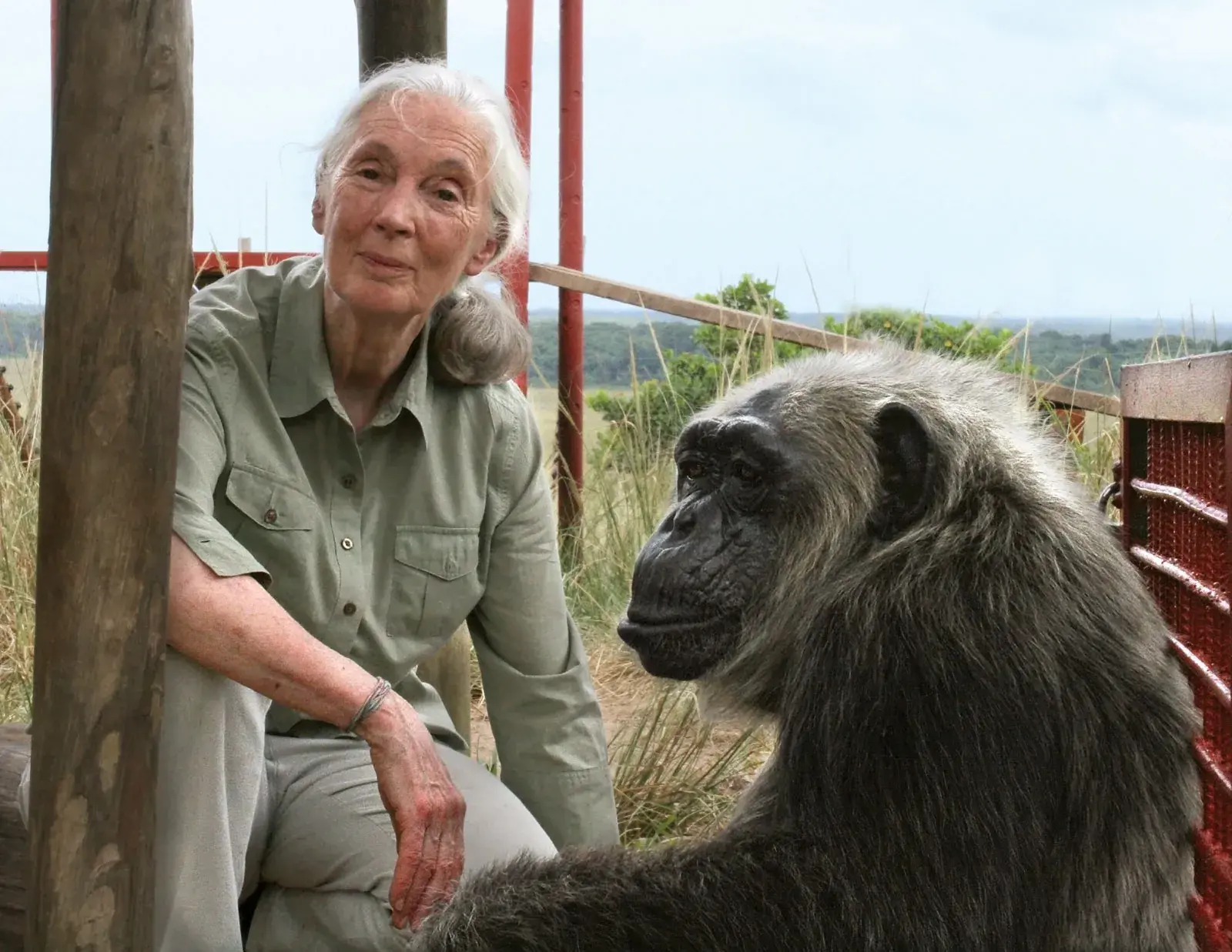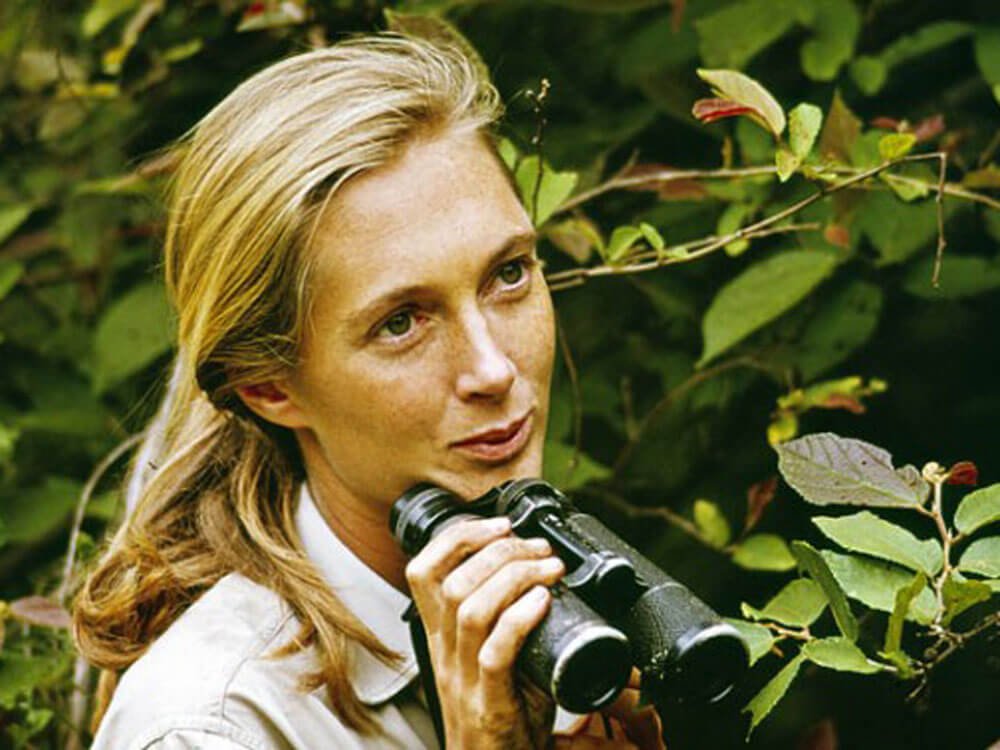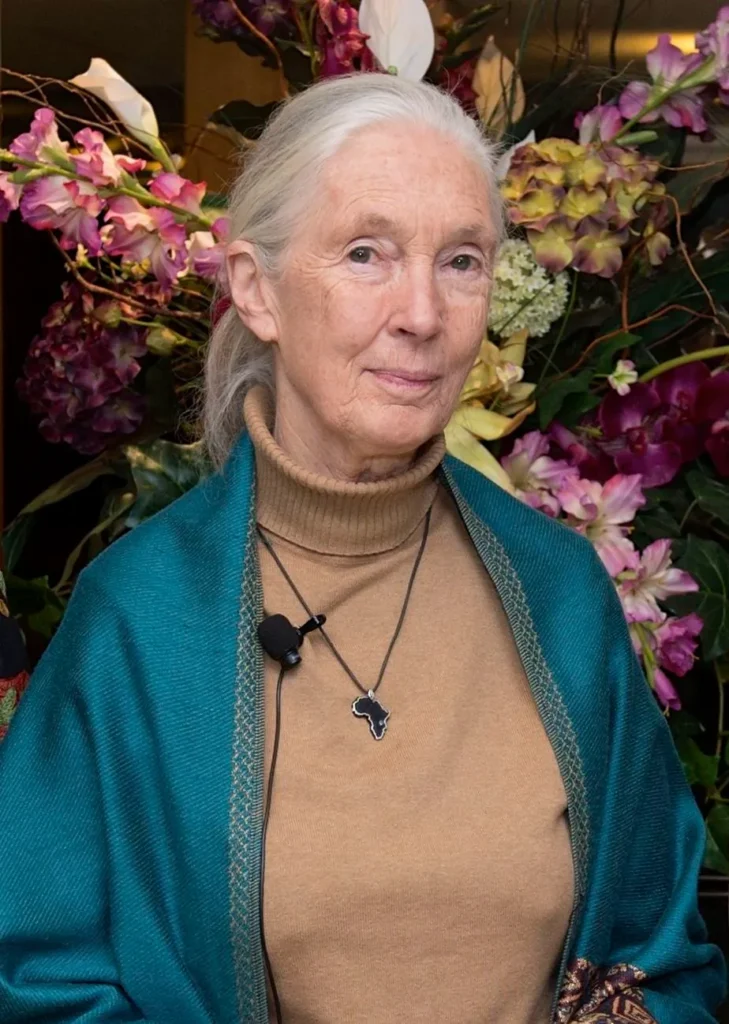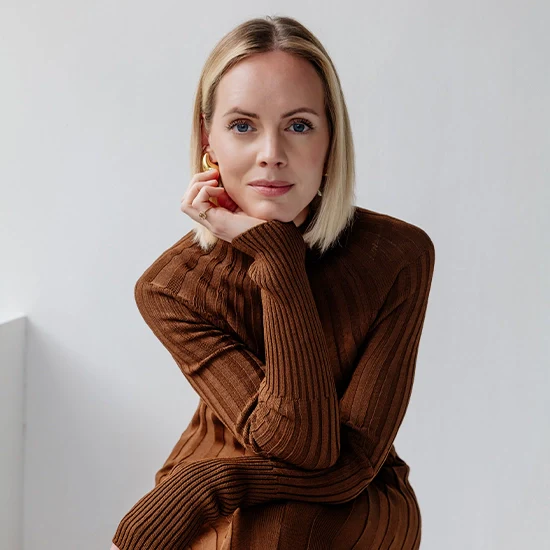
Jane Goodall: The Woman Who Redefined Our Connection with Nature
Few names in modern science are as deeply connected with compassion, intelligence, and curiosity as Jane Goodall. Known worldwide as a pioneering primatologist and environmental activist, Goodall devoted her entire life to studying chimpanzees and advocating for a more harmonious relationship between humans and the natural world. Her journey from a curious child in England to one of the most respected scientific figures of the 20th and 21st centuries is nothing short of remarkable.
Who Is Jane Goodall?
Jane Goodall, whose full name was Valerie Jane Morris-Goodall, was a British primatologist, ethologist, and anthropologist who became famous for her groundbreaking research on wild chimpanzees in Tanzania. Born in London, England, on April 3, 1934, she was drawn to animals from an early age. Unlike many scientists of her time, Jane’s passion for wildlife began not in the classroom but in her backyard, where she spent hours observing birds, insects, and her beloved family dog. Her love for animals shaped her life’s mission—to understand them, protect them, and ultimately, to inspire others to respect all living beings.
Table of Contents
ToggleWhen Was Jane Goodall Born and Where Did She Grow Up?
Jane Goodall was born in Hampstead, London, but her family later moved to Bournemouth, a coastal town in southern England. Growing up during World War II, she found solace in nature and books. She was especially inspired by stories like Tarzan of the Apes and Dr. Dolittle, both of which portrayed a deep connection between humans and animals. These childhood influences fueled her dream to one day live in Africa and work with wild animals—a dream that would later become her lifelong calling.
Where Did Jane Goodall Go to School and Did She Go to College?
Jane attended Uplands School in Poole, England, where she received her early education. Financial limitations prevented her from attending university immediately, so she enrolled in a secretarial college in London, where she learned typing and bookkeeping. Her academic journey took an unconventional turn when, after beginning her research work in Africa, she was accepted at the University of Cambridge—without having completed an undergraduate degree. There, she earned a PhD in Ethology from Newnham College, becoming one of the few people ever to receive a doctorate without a prior bachelor’s degree. Her research focused on the behavior of chimpanzees in the wild, and her findings would soon transform the scientific world.

What Is Jane Goodall Famous For?
Jane Goodall is most famous for her pioneering study of chimpanzee behavior in Gombe Stream National Park, Tanzania. In 1960, under the guidance of the renowned anthropologist Louis Leakey, she began what would become one of the longest-running field studies of any wild animal species in history. Her observations shattered many scientific assumptions of the time. She discovered that chimpanzees are not only capable of making and using tools but also have complex social relationships, emotions, and personalities—traits once thought to be uniquely human.
Goodall’s discovery that chimpanzees could fashion tools out of twigs to extract termites from mounds was revolutionary. It forced scientists to redefine the boundary between humans and animals, proving that intelligence and culture were not limited to our species. Her gentle, patient approach to fieldwork—allowing the chimpanzees to get used to her presence before observing them—was also groundbreaking and has since become a standard in wildlife research.
What Did Jane Goodall Do for the World?
Beyond her discoveries, Jane Goodall dedicated her life to animal welfare, conservation, and education. In 1977, she founded the Jane Goodall Institute, a global organization that supports wildlife research, chimpanzee protection, and environmental education. She also launched the Roots & Shoots program in 1991, a youth-led initiative that empowers young people to take action for animals, people, and the planet. Her advocacy extended far beyond chimpanzees—she became a tireless voice for climate action, reforestation, sustainable farming, and ethical treatment of animals. Through thousands of lectures, books, and documentaries, Goodall inspired generations to see that every individual can make a difference.
Why Is Jane Goodall Famous and What Is She Known For?
Jane Goodall is famous not only for her scientific achievements but also for her compassionate philosophy. She redefined what it meant to be a scientist—combining rigorous observation with empathy and respect for her subjects. She proved that understanding animals requires not only intellect but also heart. Her name became synonymous with kindness toward nature, and her life’s work continues to influence both science and environmental activism. She received numerous honors, including being named a Dame Commander of the Order of the British Empire (DBE) in 2004 and receiving the Templeton Prize in 2021 for her humanitarian efforts.
Where Does Jane Goodall Live?
In her later years, Jane Goodall divided her time between Bournemouth, England, and extensive global travel for lectures and conservation campaigns. Even in her nineties, she continued to speak passionately about protecting the planet, often spending over 300 days a year on the road. Her tireless commitment made her a true global citizen—someone who belonged as much to the forests of Africa as to the halls of the United Nations.
Is Jane Goodall Still Alive? When Did Jane Goodall Die and How Did She Die?

Jane Goodall lived a long and fulfilling life. She passed away on October 1, 2025, in Los Angeles, California, at the age of 91. The cause of death was natural causes, and she was surrounded by close friends and colleagues. Up until her final months, she continued her speaking tours and environmental advocacy, spreading her message of hope and compassion. Her passing marked the end of an era, but her legacy remains alive in every sanctuary, forest, and conservationist she inspired.
For anyone wondering, Jane Goodall was still alive in 2024, actively traveling and delivering speeches well into her 90th year.
Did Jane Goodall Have Children and a Husband?
Jane Goodall married Hugo van Lawick, a Dutch wildlife photographer, in 1964. Together, they shared a deep passion for animals and nature, often working side by side in Tanzania. They had one son, Hugo Eric Louis van Lawick, affectionately called “Grub.” Their marriage ended amicably in 1974. Later, in 1975, she married Derek Bryceson, a Tanzanian parliamentarian and director of national parks, who sadly passed away from cancer in 1980. Goodall never remarried after his death, instead devoting herself entirely to her work and family.
Is Jane Goodall Vegan?
Yes, in her later years, Jane Goodall adopted a vegan lifestyle, driven by her ethical concerns for animals and the environmental impacts of industrial farming. She frequently spoke about the importance of plant-based eating as a way to protect wildlife habitats and reduce carbon emissions. She often said that eating less meat is one of the simplest, yet most powerful actions individuals can take to help the planet.
What Did Jane Goodall Discover?
Jane Goodall’s most famous discovery was that chimpanzees use tools, an ability previously believed to be unique to humans. She also found that they hunt, form lifelong bonds, experience emotions such as joy, grief, and jealousy, and engage in both nurturing and violent behaviors. Her research showed that animals have complex inner lives and intelligence, challenging humanity’s perception of its place in nature. This finding revolutionized science, ethics, and our understanding of evolution.
Fun Facts About Jane Goodall
Jane Goodall’s life was full of fascinating stories. As a little girl, she once spent hours hiding in a henhouse just to see where eggs came from, earning her first taste of field observation. When she was 23, she set sail alone to Africa on a ship called the Kenya Castle, fulfilling her childhood dream. Her mentor, Dr. Louis Leakey, was so impressed by her passion that he chose her—without a university degree—to study chimpanzees in the wild. Over the years, she became an international celebrity not for fame, but for her deep empathy toward animals. She always carried a small stuffed toy monkey named “Mr. H,” a gift she said represented hope. Even in her 90s, Jane’s voice remained calm yet powerful, always reminding people that “every individual matter, every individual has a role to play.”
Jane Goodall’s Legacy and Tours
Throughout her career, Jane Goodall embarked on global lecture tours, inspiring audiences across continents. Her “Hope Through Action” tour, held to celebrate her 90th birthday in 2024, focused on empowering young people to fight climate change and protect biodiversity. Her ability to connect science with emotion made her lectures unforgettable. Even after her death in 2025, the Jane Goodall Institute continues to organize events and conservation programs worldwide, ensuring her vision for a sustainable planet lives on.
Conclusion
Jane Goodall’s life reminds us that one person’s curiosity and compassion can truly change the world. From a young girl reading about Africa to a world-renowned scientist and humanitarian, her journey is a story of courage, empathy, and relentless dedication. She taught humanity that animals are not lesser beings but fellow travelers on this planet—deserving of respect and protection. Even after her passing, Jane Goodall’s message continues to echo across generations: “What you do makes a difference, and you have to decide what kind of difference you want to make.”
FAQs About Jane Goodall
1. Who is Jane Goodall?
Jane Goodall was a British primatologist, anthropologist, and environmentalist best known for her groundbreaking study of wild chimpanzees in Tanzania. She transformed the world’s understanding of animal behavior and became one of the leading voices for conservation and compassion toward all living beings.
2. When was Jane Goodall born?
Jane Goodall was born on April 3, 1934, in Hampstead, London, England. Her childhood love for animals inspired her lifelong dedication to studying and protecting them.
3. When did Jane Goodall die?
Jane Goodall passed away on October 1, 2025, in Los Angeles, California, at the age of 91. She died of natural causes after decades of tireless work for animals and the environment.
4. Is Jane Goodall still alive in 2024?
Yes. Jane Goodall was alive and active in 2024, celebrating her 90th birthday with a global tour called Hope Through Action. She continued to travel, speak, and inspire millions around the world that year.
5. What is Jane Goodall famous for?
Jane Goodall is famous for her pioneering research on chimpanzees in Gombe Stream National Park. Her discovery that chimpanzees make and use tools forever changed how scientists understand the connection between humans and other animals.
6. What did Jane Goodall discover?
Jane Goodall discovered that chimpanzees use tools, hunt animals, and display emotions and social behaviors similar to humans. Her findings blurred the line between human and animal intelligence, challenging scientific norms of her time.
7. Where did Jane Goodall go to school?
Jane Goodall studied at Uplands School in Poole, England, and later attended secretarial college in London. She went on to earn a PhD in Ethology from the University of Cambridge, becoming one of the few people to receive a doctorate without a prior undergraduate degree.
8. Did Jane Goodall go to college?
Yes. Although she did not attend a traditional undergraduate program, Jane Goodall earned her PhD from Cambridge University, proving that passion and determination can sometimes outweigh formal academic paths.
9. Why is Jane Goodall famous?
Jane Goodall is famous not just for her discoveries about chimpanzees but also for her lifelong commitment to wildlife conservation, environmental education, and ethical treatment of animals. She founded the Jane Goodall Institute and the Roots & Shoots youth program to inspire global change.
10. Did Jane Goodall have children?
Yes, Jane Goodall had one son named Hugo Eric Louis van Lawick, nicknamed “Grub,” from her first marriage to wildlife photographer Hugo van Lawick.
11. Who was Jane Goodall’s husband?
Jane Goodall married Hugo van Lawick in 1964, and after their divorce, she married Derek Bryceson in 1975. Derek was a Tanzanian parliamentarian and director of national parks until his death in 1980.
12. Where does Jane Goodall live?
Before her death, Jane Goodall lived mainly in Bournemouth, England, but spent much of her life traveling across the globe to advocate for conservation, giving speeches, and visiting environmental programs.
13. Is Jane Goodall vegan?
Yes. Jane Goodall followed a vegan diet in her later years. She promoted plant-based living as a way to protect animals, reduce deforestation, and combat climate change.
14. What did Jane Goodall do for a living?
Jane Goodall worked as a researcher, scientist, author, lecturer, and activist. She spent over 60 years studying chimpanzees and later dedicated her life to education and conservation efforts through her institute.
15. What is Jane Goodall’s legacy?
Jane Goodall’s legacy lies in her message of hope, compassion, and coexistence. She showed that humans and animals are deeply connected, and that every individual can make a difference in protecting the planet. Her work continues through the Jane Goodall Institute and countless environmental programs worldwide.

I’m Mathilde Lacombe, a French entrepreneur, beauty industry influencer, and founder of AIME. As a businesswoman and mom of three, I’ve built my career at the intersection of beauty, wellness, and entrepreneurship. Through my journey, I’ve learned how self-care, confidence, and mindful living play a vital role in both personal and professional success.
On this blog, I share insights from the world of beauty, wellness rituals I truly believe in, and honest lessons from building and growing a brand. From entrepreneurship to everyday inspiration, this space reflects everything I love and live by designed to empower women to feel their best, inside and out.


